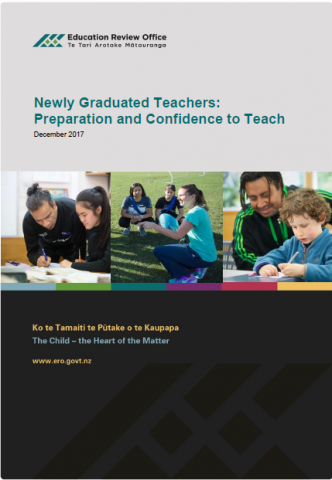Identity
Published: 04 Sep 2017
Māori educators and a Māori student draw from their own experiences to discuss the concept of identity and the central role schools play in the identity development of Māori students.
- Audience:
- Education
- Parents
- Schools
- Content type:
- Research
- Topics:
- Improvement
- Identity
- Māori
- Equitable outcomes
- Evaluation indicators
- Culture
- Language
- Video
- Improvement in Action Te Ahu Whakamua


